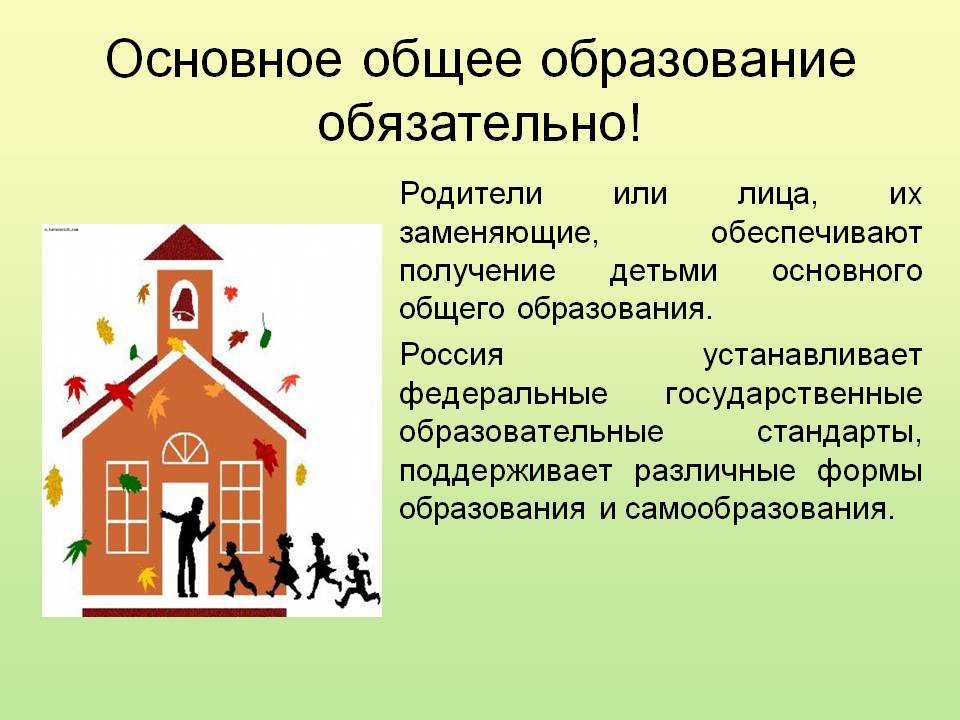Basic general education is the second stage of Russian general education. According to the Constitution of the Russian Federation, it is publicly available and mandatory. GEF of basic general education is aimed at matching age characteristics of teenage schoolchildren and the content of education.
GEF focus on the second level of training
In adolescence, the child seeks to know the world around him, self-determination, practical activity. That is why the standard of basic general education is aimed at the activity component, which allows to increase the motivation of students to learn, develop. It takes into account the interests and needs of adolescents, is not limited to theoretical knowledge in a particular scientific field.
A feature of pedagogical goals, which are set at the second stage of training, is the personal growth of students.
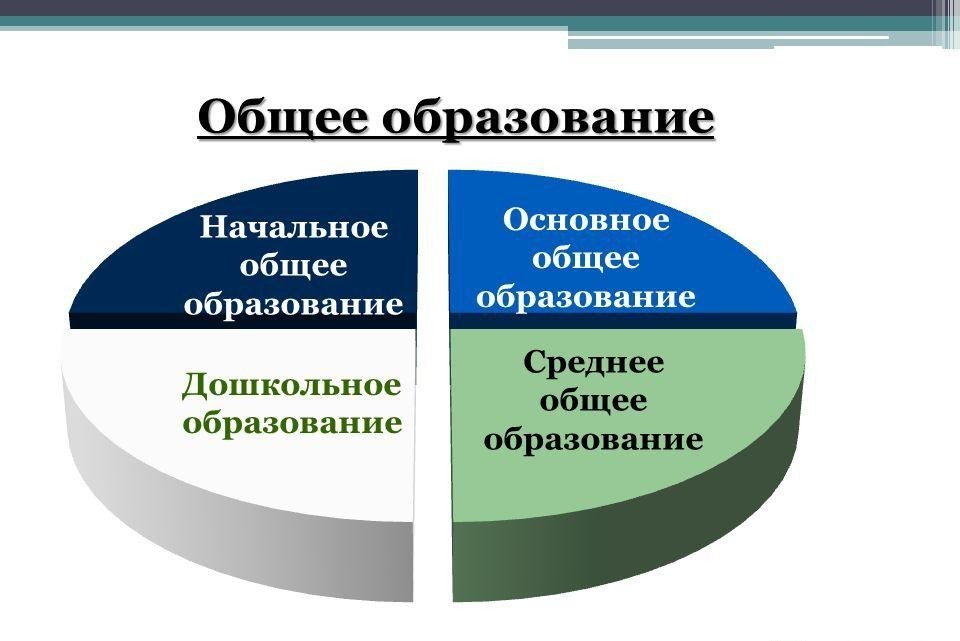
Learning Objectives
GEF of basic general education aims to implement:
- the formation of a single view of the world on the basis of acquired knowledge;
- development of individual and collective skills;
- cognition and self-knowledge;
- building an individual professional trajectory.
The priority is precisely the universal educational skills of schoolchildren, and not memorization of scientific facts.
Basic general education is the last stage of compulsory education in our country. That is why the basic requirements for the content of such education are the achievement by graduates of a basic school of a certain level of functional literacy. They need it for social adaptation, and not only in the mathematical and natural sciences, but also in the cultural and social areas.
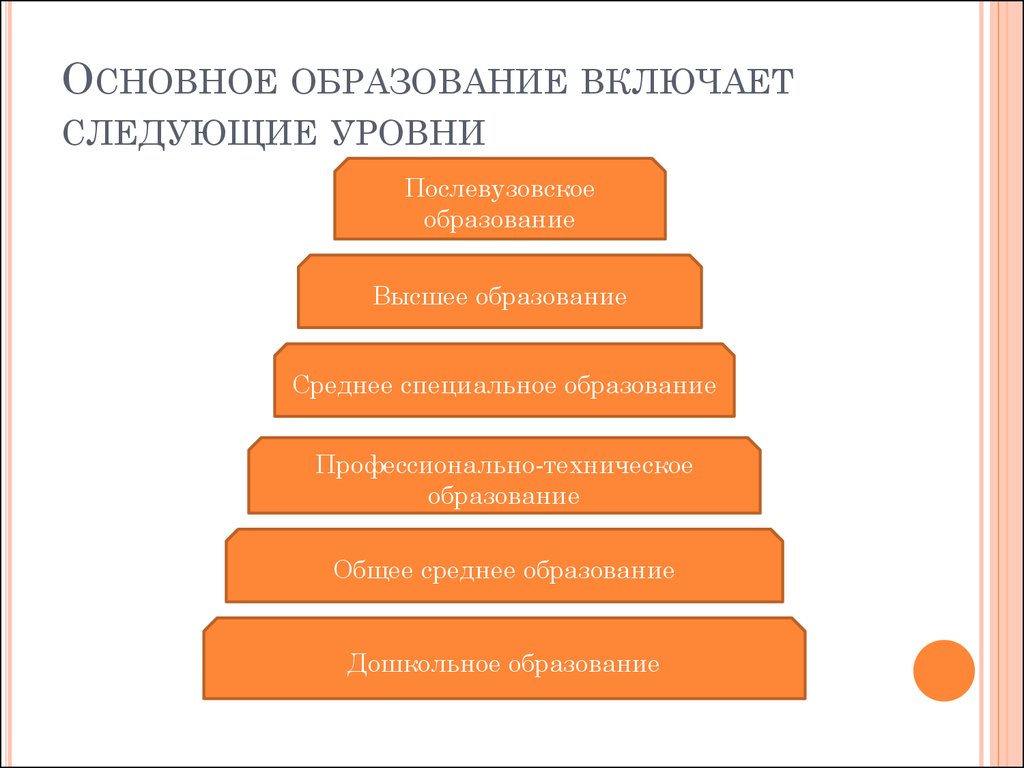
Primary school challenge
It consists in preparing schoolchildren for a responsible and informed choice of a professional and life path. Obtaining a basic general education is a prerequisite for every Russian student. At this stage, sequential individualization of training is carried out, pre-profile training is being conducted. Students in a primary school learn to independently determine goals, look for a way to achieve them, and apply the experience gained in school in everyday life.
Mandatory subjects
The program of basic general education involves compulsory teaching of the following academic disciplines:
- Russian language;
- literature;
- algebra;
- geometry;
- geography;
- story;
- Social Studies;
- physics;
- chemistry;
- foreign language;
- computer science and ICT;
- biology;
- technology;
- the basics of life safety;
- physical education.
In addition, it is mandatory to include vocational guidance in the main stage of training, as well as 2-3 additional courses as part of pre-profile work.
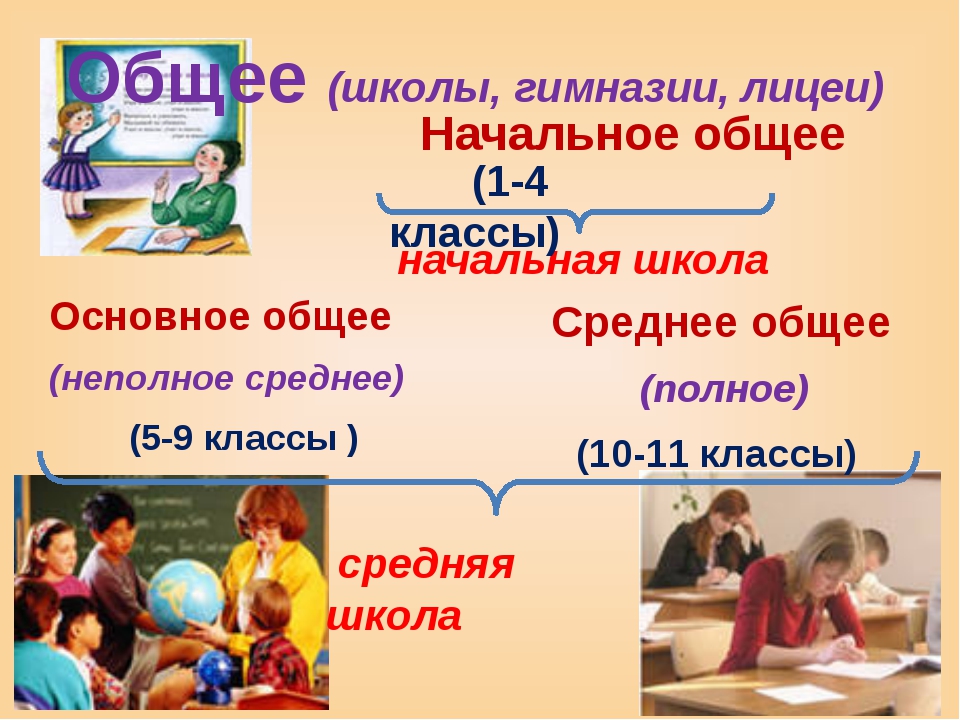
Standard requirements
Basic general education is a stage that ends with a mandatory final state certification of schoolchildren. That is why requirements were developed for the skills and abilities of graduates of the main stage of study, which became the basis for determining the content of educational material for each school subject.
A prerequisite for the successful socialization of adolescents is the mastery of general skills, abilities, ways of activity.
In cognitive activity, it is assumed to master the methods of studying the surrounding world: observations, experiments, experiments, modeling.
Graduates of the primary school must find and highlight important functional relationships between parts and the whole object, distinguish between the individual stages of one process, and establish causal relationships.
Basic general education is the time when adolescents master the algorithms for solving educational problems. They acquire the skills of combining standard methods, taking into account the proposed situation, and choose the most optimal way to solve the problem. Graduates of the primary school should put forward hypotheses, test them in practice with the help of laboratory experiments and experiments.
When solving practical educational problems, adolescents should use a creative approach, refusing a template, offer an original solution of their own. GEF pays special attention to the involvement of graduates of basic schools in design and research activities.
It is the schools of basic general education that should offer adolescents the opportunity to conduct their own research in various scientific fields that contribute to self-improvement, self-development of the younger generation of the Russian Federation.
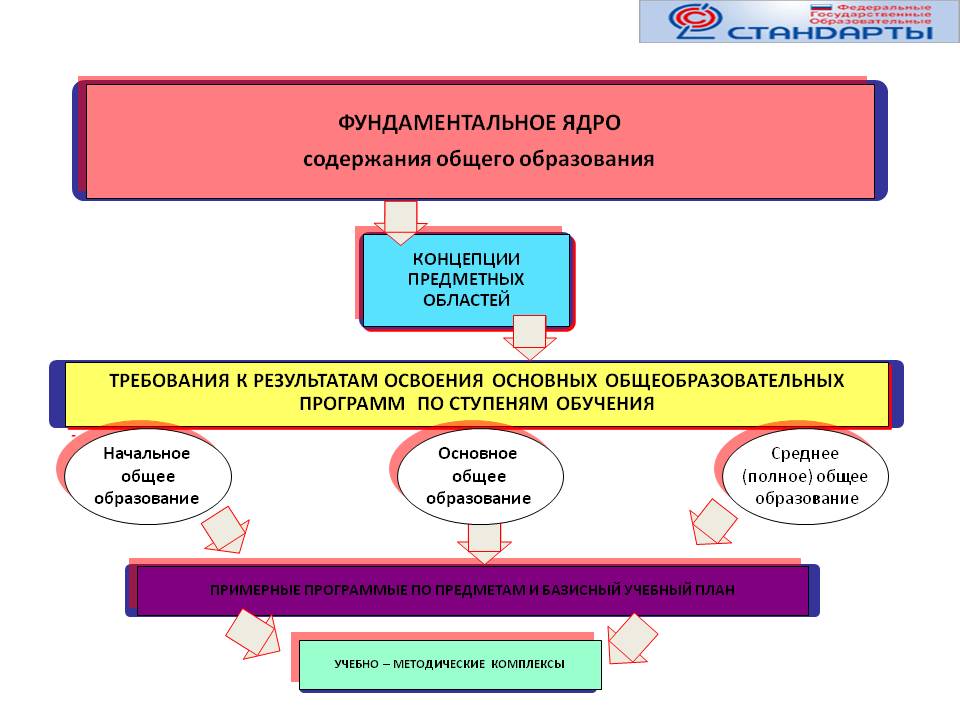
Preprofile preparation
In order to make it easier for graduates of the main level of education to decide on their future profession, after the modernization of the domestic education system, for graduates of the ninth grades, additional elective courses began to be offered, attendance of which is mandatory. Children engaged in chemistry, physics, mathematics, biology, and other scientific disciplines outside the curriculum get the opportunity to realize their importance to them. Thanks to elective courses, a conscious choice of the future profession, the option to achieve the goal is made.
For example, in the framework of preprofile training, ninth-graders get acquainted with professions that are in demand in the modern labor market. In addition, a professional psychologist works with adolescents during the course. He helps them make informed choices about their future lives. After receiving a certificate, one of the graduates of a basic school will choose to study at a college or technical school, having an idea of the specifics of the profession.
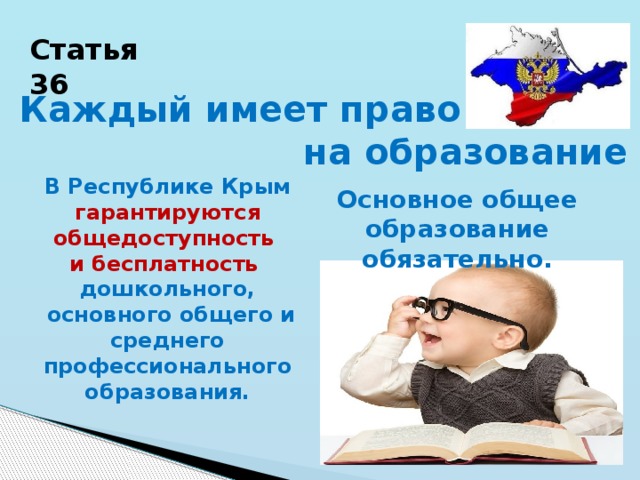
Variant of an elective course in a primary school
In addition to career guidance, educators are developing courses for nine-year students in various academic disciplines. For example, those children whose plans include admission to medical and pharmaceutical educational institutions can attend classes at the Academy of Chemical Sciences. The purpose of this program is to expand the understanding of the versatility and importance of chemistry, its limitless possibilities.
As part of the course, designed for 12-14 hours, the guys learn about the options for storing chemical reagents in the school laboratory and in various industries, they study the features of technological processes for the production of inorganic salts and acids. Special attention is paid to the formation of practical skills. First, ninth-graders consider the basic safety rules that are important to know and use when working in the chemical room, then they work them out during practical work and laboratory experiments.
Considering that at the end of the ninth grade, the children will have to take the final exam for the course of the basic school in the form of OGE, and chemistry is one of the subjects of their choice, the teacher tries to devote several hours to the analysis of tasks of increased complexity as part of the elective course program.
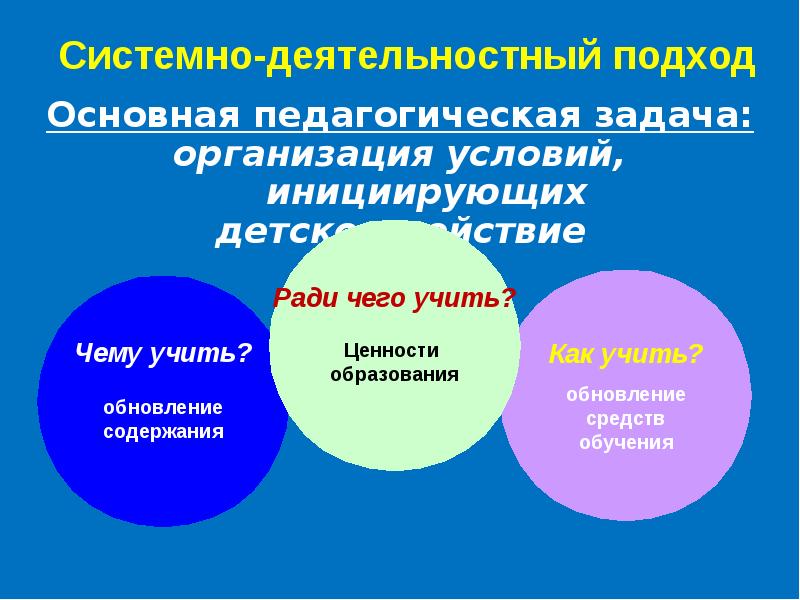
Conclusion
Basic general education in our country is compulsory for all citizens of the Russian Federation. In order for graduates of ninth grades to have equal opportunities for further education and employment in different regions of Russia, an educational standard was developed.This document includes the basic requirements for skills, abilities, which must be formed in the ninth grade graduate.
